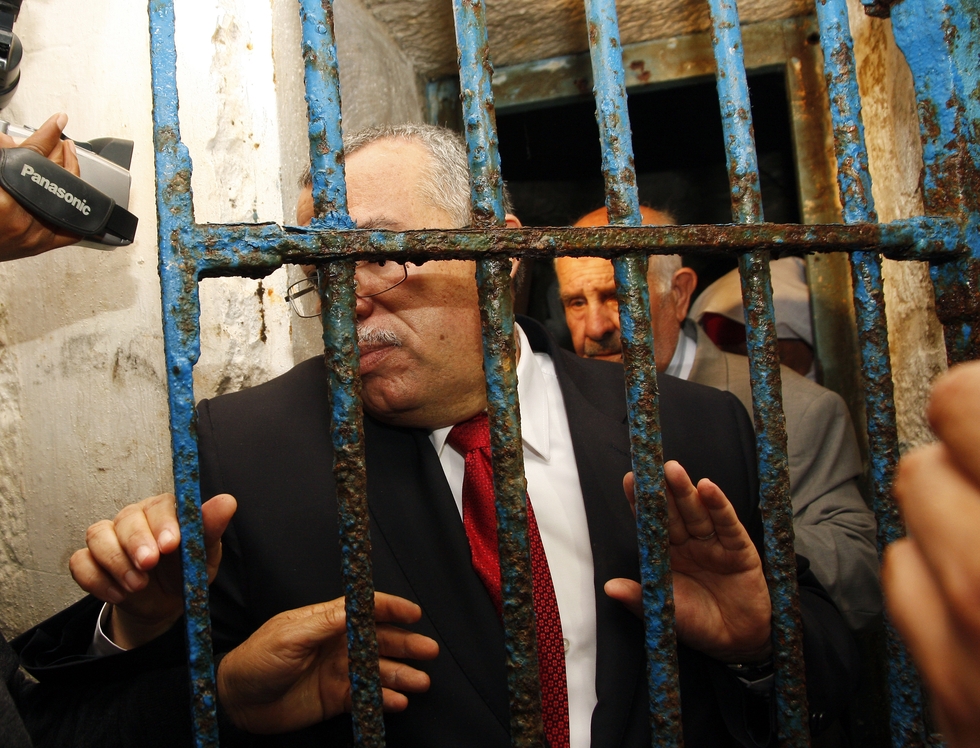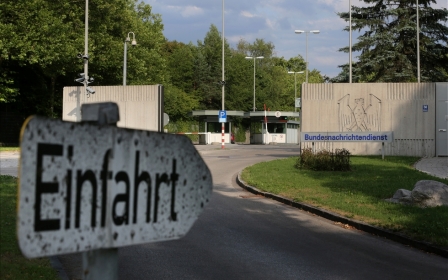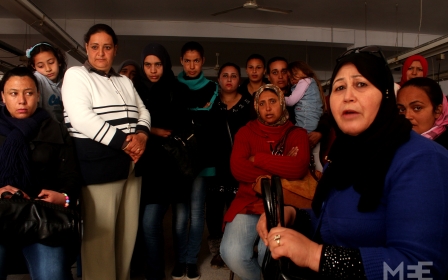Bin Laden's alleged 'bodyguard' escapes deportation to Tunisia due to torture fears

A man branded "Osama bin Laden's bodyguard" in Germany has escaped deportation to his home country Tunisia due to continuing concerns of a “very high risk” of torture.
A court in Gelsenkirchen, western Germany, this week rejected the state's argument that "Sami A" would be safe from abuse in Tunisia, his country of birth, due to political reforms since 2011.
His lawyers successfully argued that individuals suspected of links to militant organisations – and especially al-Qaeda – remain at risk of ill-treatment.
Germany served a deportation order on the 39-year-old more than a decade ago amid claims he was a close associate of Bin Laden in the 1990s. He has been under surveillance since 2006, although an investigation into his al-Qaeda links were dropped for lack of evidence in 2007.
Sami A has a German wife and three children.
In his summing up, the judge noted there were "still systematic assaults on people who are arrested or interrogated" in Tunisia despite reforms since the 2011 revolution that toppled Zine el-Abidine Ben Ali.
The judge also noted that German media coverage, which has consistently referred to the man as bin Laden’s bodyguard though no charges have been laid, “will not have gone unnoticed by Tunisian authorities”.
Anonymous official sources, speaking to the local Rheinische Post newspaper, called the court’s decision “unbelievable”.
“That a man like Sami A is allowed to stay in Germany is a slap in the face for counter-terrorism investigators.
“He is one of the most wanted criminals in the world, and we are treating him with kid gloves.”
A spokesman for the court said that although progress had been made since Tunisia’s 2011 revolution, it may have breached Sami A’s human rights to deport him there.
“Although the human rights situation in Tunisia has clearly improved over recent years, in this particular case there would have still been enough of a risk of torture and inhuman treatment that he could not be sent back,” Karsten Herfort told The Local news website.
Though many have praised the reforms undertaken by Tunisian authorities since 2011, Amnesty International warned in January that the country could be “sliding into reverse gear” on human rights amid allegations of torture and deaths in custody.
New MEE newsletter: Jerusalem Dispatch
Sign up to get the latest insights and analysis on Israel-Palestine, alongside Turkey Unpacked and other MEE newsletters
Middle East Eye delivers independent and unrivalled coverage and analysis of the Middle East, North Africa and beyond. To learn more about republishing this content and the associated fees, please fill out this form. More about MEE can be found here.




